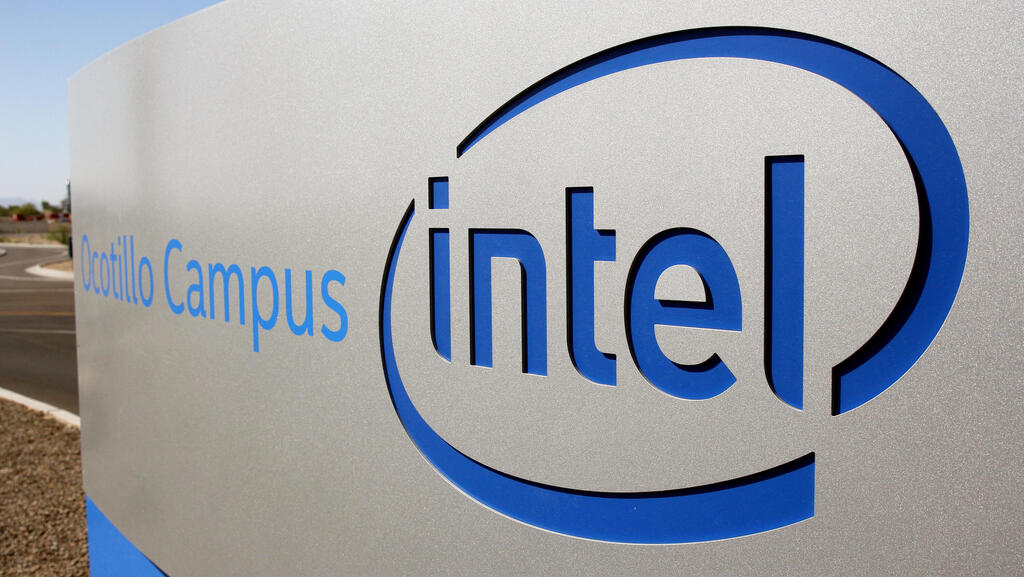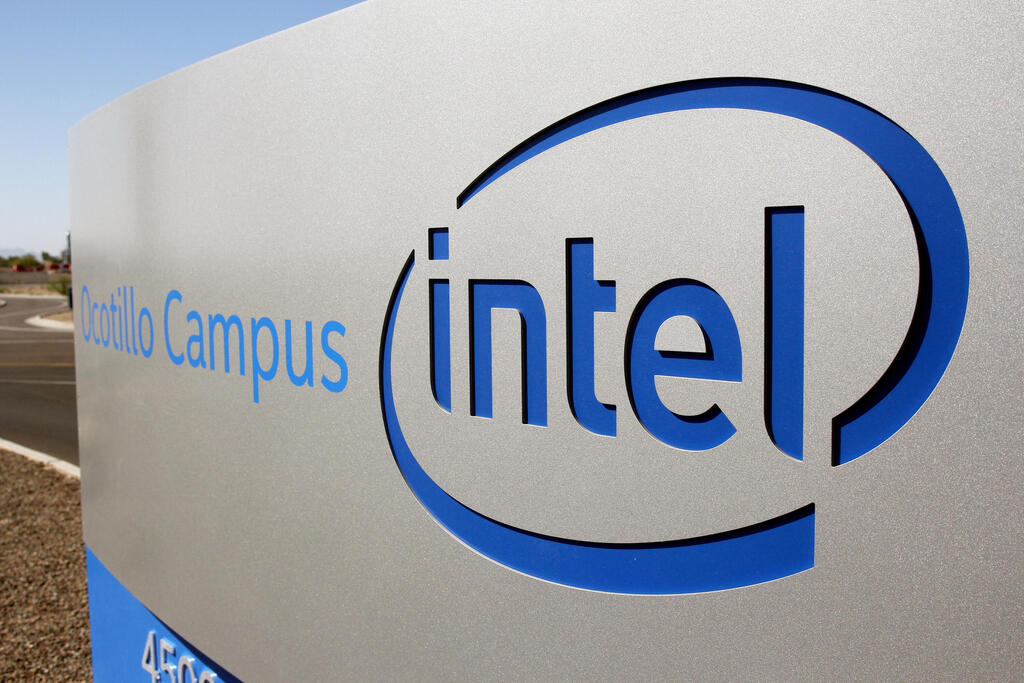
Intel cancels Intel Capital spinoff as Lip-Bu Tan shifts to financial discipline
New CEO reverses high-profile decision in bid to stabilize balance sheet and rebuild trust.
Intel’s new CEO Lip-Bu Tan has reversed a major strategic decision by halting the planned spinoff of Intel Capital, the company’s influential venture arm, opting instead to monetize existing holdings and take a more focused investment approach.
Intel says upcoming layoffs will be less than 20,000—but early retirement won’t be an option
Inside the Intel reckoning: layoffs, leadership, and the long road back to relevance
The about-face comes just months after Intel announced that Intel Capital would become a standalone fund in the second half of 2025—part of a broader campaign to slim down the chipmaker’s bloated portfolio and restore profitability after years of underperformance. That plan, developed under interim leadership following the resignation of CEO Pat Gelsinger, now appears shelved as Tan charts a new, more disciplined course.
“In addition, we have made the decision not to spin off Intel Capital but to work with the team to monetize our existing portfolio while being more selective on new investments that support our strategy,” Tan said in Thursday’s earnings call. “We need to get our balance sheet healthy and start the process of deleveraging this year.”
The decision is emblematic of the pragmatic tone Tan has struck since taking the reins in March. While Gelsinger’s tenure was defined by bold bets—chief among them Intel Foundry and a sprawling network of global fabs—Tan has been clear that his focus is on operational efficiency, engineering culture, and financial discipline.
That includes reining in Intel Capital, which has invested more than $20 billion across 1,800 companies since its founding in 1991 and plays a significant role in global venture markets. While the fund will remain intact, Intel now appears intent on harvesting value from its portfolio rather than doubling down on expansive venture activity.
Related articles:
Tan’s reasoning is straightforward: Intel needs cash, clarity, and credibility.
“My credo has always been to under-promise and over-deliver,” Tan said. “I will not be satisfied until we regain the trust of our customers, putting the company on a sustainable path of gaining shares and growing revenue, and delivering consistent returns for our shareholders.”
That shift in tone marks a stark departure from the previous narrative around Intel Capital’s independence. When the spinout was announced in 2024, CFO David Zinsner framed it as a “win-win scenario,” allowing the fund to tap new capital markets while continuing to support Intel’s strategic ecosystem. The new fund was expected to launch in late 2025 with a new name and fresh leadership, with Intel staying on as an anchor investor.
Instead, Tan’s pivot underscores his willingness to abandon symbolic victories in favor of pragmatic restructuring. Intel Capital, long a marquee investor in startups like WSC Sports, NeuroBlade, and AI21 Labs, will now likely slow its investment pace and focus on aligned bets with shorter time horizons.
This retreat may disappoint some in the venture ecosystem, particularly in Israel, where Intel Capital has played a leading role in funding early-stage innovation. But for Tan, it’s part of a larger effort to rebuild Intel from the inside out.
With the company bracing for 22,000 layoffs—roughly 20% of its global workforce—and warning of a murky Q2 outlook amid trade tensions and weak AI positioning, preserving capital and delivering steady returns has become the mantra of the moment.
“We’re building the new Intel,” Tan said. “You can expect us to stay humble, drive the necessary changes, and delight our customers.”
If that means shelving a headline-friendly spinout in favor of balance sheet repair, so be it.
